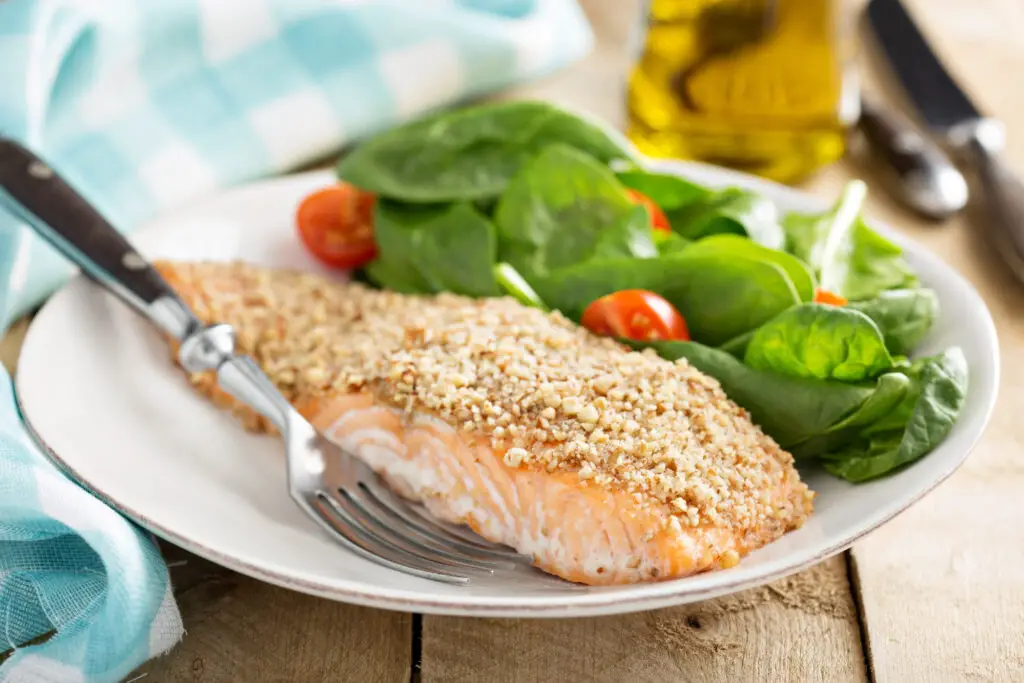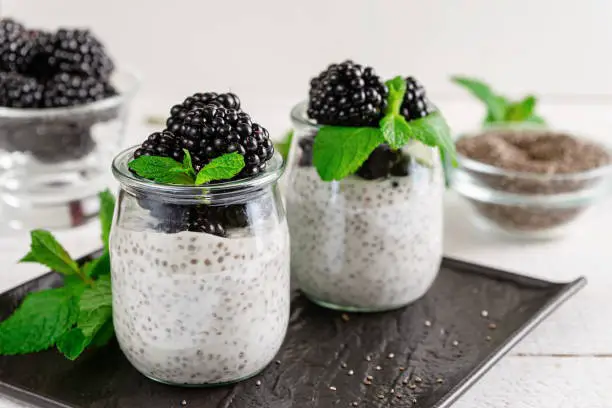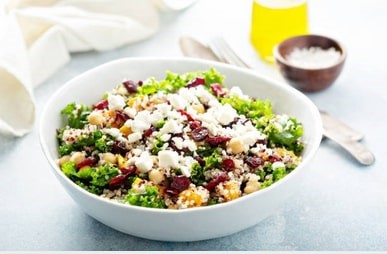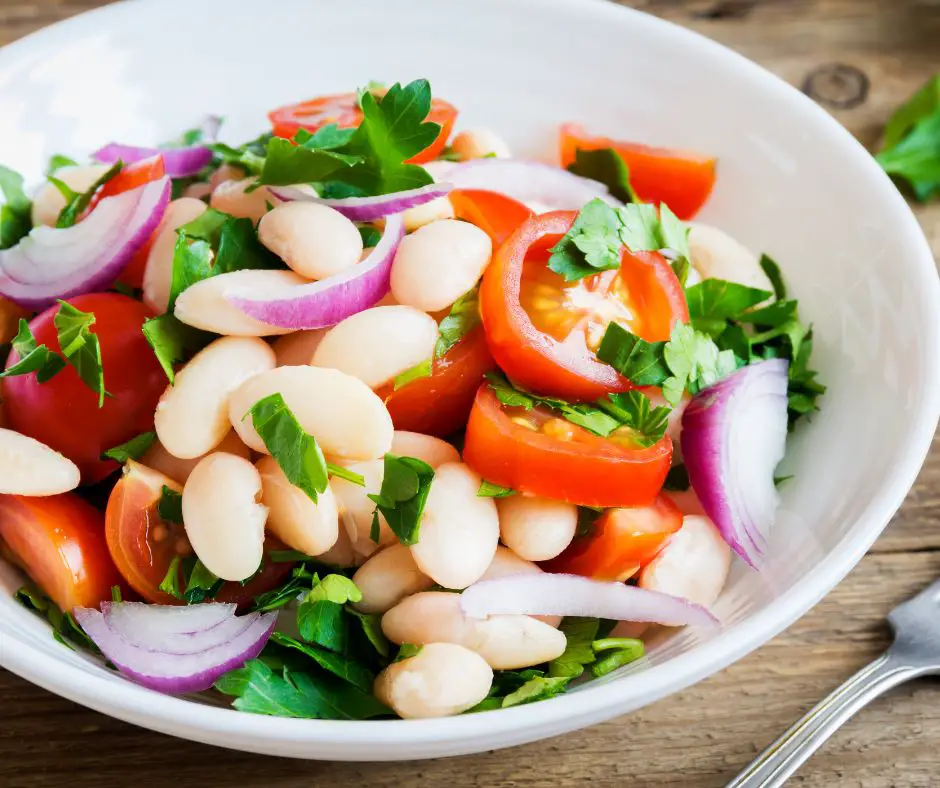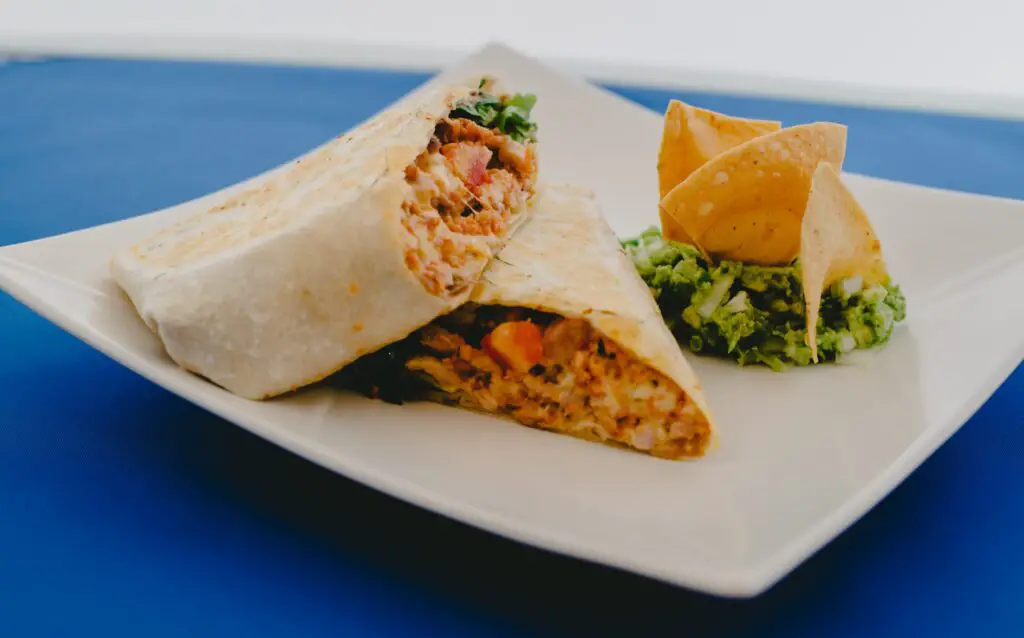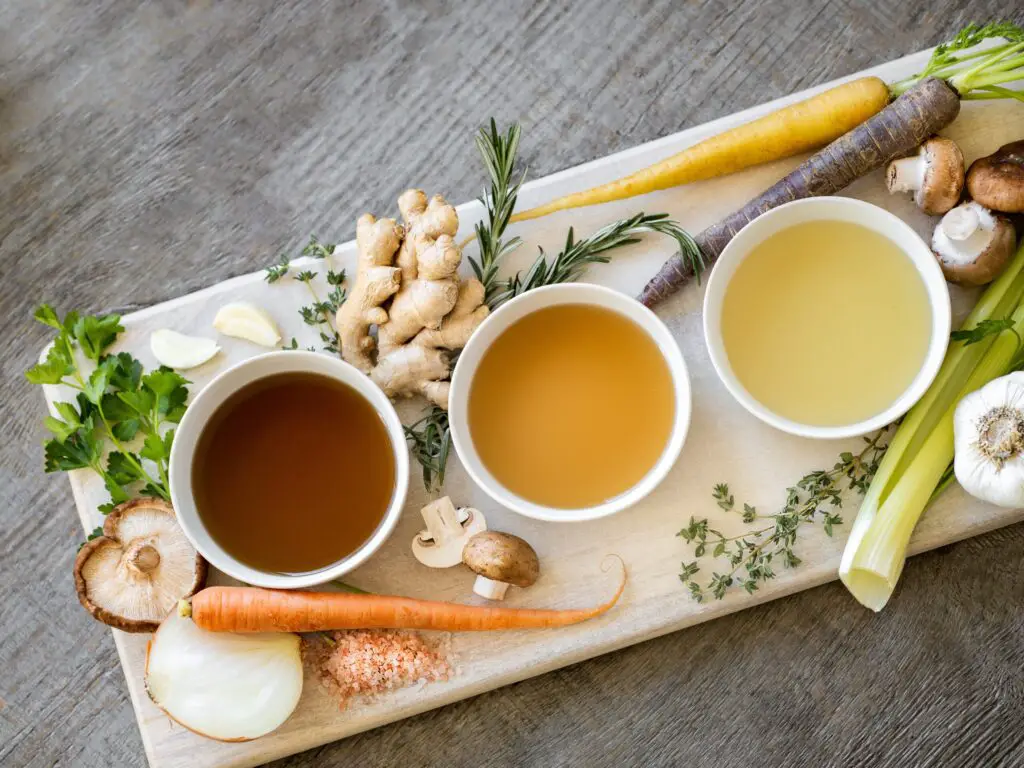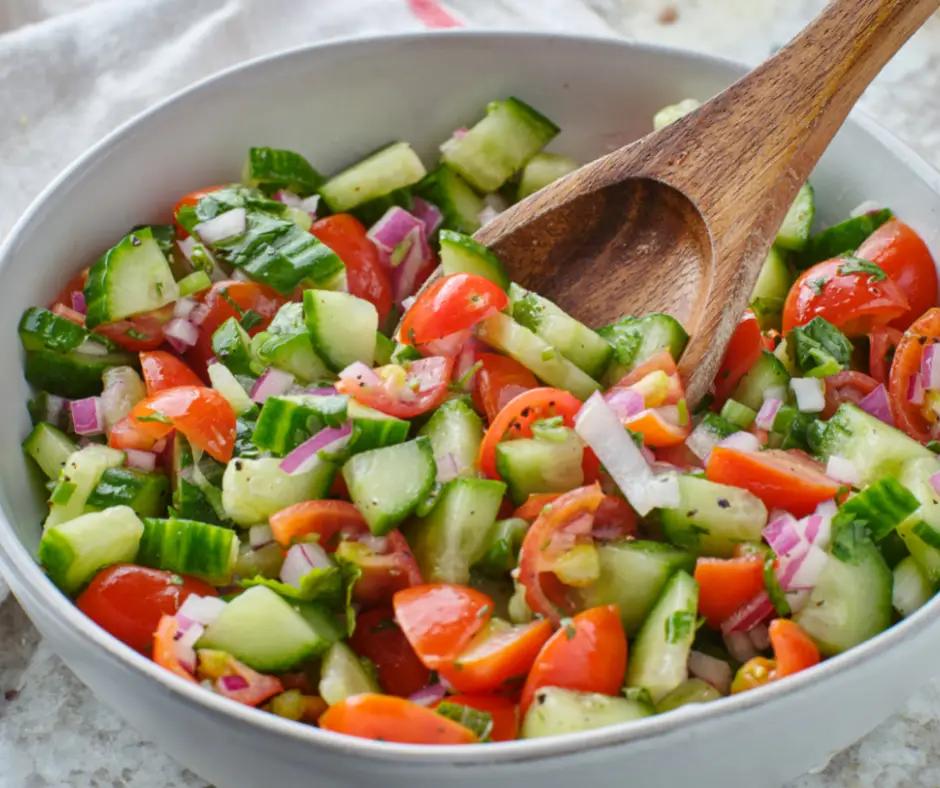8 Foods To Avoid In The Anti-Inflammatory Diet
While the anti-inflammatory diet focuses on incorporating nutrient-rich, wholesome foods, knowing which foods to avoid is just as important. Certain ingredients can trigger or worsen inflammation, contributing to chronic health issues like joint pain, digestive problems, and fatigue. By cutting back on these inflammatory culprits, you can create a foundation for better health and vitality.
But don’t worry—removing inflammatory foods doesn’t mean sacrificing flavor or satisfaction. This post highlights 8 foods to avoid in the Anti-inflammatory Diet and provides healthier, anti-inflammatory alternatives to make the transition seamless. From swapping refined sugars for natural sweeteners to trading processed snacks for nutrient-packed options, these substitutions will help you stay on track while still enjoying your meals.
Let’s dive into the 8 Foods To Avoid In The Anti-Inflammatory Diet!
8 Foods To Avoid In The Anti-Inflammatory Diet

This guide highlights 8 Foods To Avoid In The Anti-Inflammatory Diet and provides simple, satisfying alternatives to keep your diet flavorful and aligned with anti-inflammatory principles.
Refined Sugars
Why to Avoid: Refined sugars spike blood sugar levels, triggering inflammatory responses in the body. They’re commonly found in candy, sodas, baked goods, and processed snacks.
What to Eat Instead: Use natural sweeteners like honey, maple syrup, or stevia in moderation. Opt for fresh fruits like berries and dates to satisfy your sweet cravings.
Trans Fats
Why to Avoid: Trans fats are artificially created fats found in margarine, packaged baked goods, and fried foods. They’re known to increase inflammation and raise the risk of heart disease.
What to Eat Instead: Replace trans fats with healthy fats like extra virgin olive oil, avocado oil, or coconut oil for cooking. Use nut butter or avocados as spreads.
Refine Carbohydrates
Why to Avoid: White bread, white pasta, and pastries are stripped of their nutrients and fiber, causing blood sugar spikes and contributing to inflammation.
What to Eat Instead: Choose whole grains like quinoa, brown rice, or whole-grain bread and pasta. These options are high in fiber and support stable blood sugar levels.
Red and Processed Meats
Why to Avoid: Processed meats like bacon, sausage, and hot dogs, along with excessive consumption of red meat, are linked to higher inflammation levels and an increased risk of chronic diseases.
What to Eat Instead: Opt for lean proteins like skinless poultry, wild-caught salmon, sardines, or plant-based options like lentils and chickpeas.
Artificial Additives and Preservatives
Why to Avoid: Many packaged foods contain additives and preservatives that can irritate the gut and promote inflammation.
What to Eat Instead: Focus on whole, minimally processed foods. Read labels carefully and choose items with short, recognizable ingredient lists.
Excessive Alcohol
Why to Avoid: Drinking too much alcohol can disrupt the gut microbiome, increase oxidative stress, and lead to inflammation.
What to Eat Instead: Limit alcohol intake to moderate levels or opt for anti-inflammatory beverages like green tea, herbal teas, or infused water.
Hight-Sodium Processed Foods
Why to Avoid: Packaged soups, chips, and frozen meals are often loaded with sodium, which can contribute to inflammation and water retention.
What to Eat Instead: Season your meals with herbs and spices instead of relying on salt. Choose fresh, homemade versions of soups and snacks.
Fried Foods
Why to Avoid: Fried foods like French fries and fried chicken are cooked in unhealthy oils and are high in advanced glycation end products (AGEs), which promote inflammation.
What to Eat Instead: Bake, grill, or air-fry your foods for a healthier, anti-inflammatory approach. Use olive oil or avocado oil sparingly for cooking.
Avoiding these 8 inflammatory foods doesn’t mean limiting your diet—it means making smarter choices to support your health. By swapping out inflammatory ingredients for nutrient-dense, anti-inflammatory alternatives, you can create a sustainable and enjoyable way of eating. Start small, experiment with new ingredients, and enjoy the benefits of an anti-inflammatory lifestyle!
Learn more about the Anti-inflammatory diet: Anti-Inflammatory Diet For Beginners Guide


